An account of the process of banning wild animals from circuses in Denmark
July 2019 – to be continuously updated …
Last updated 16.1.2021
Notes on updates.
1.9.19 – Changed: There is not really a solution for the zebras and sea lions as the text previously read. Added: The state purchase of the elephants.
4.9.19 – Changed: Price corrected (in August 2019-entry). Added: September entry.
18.10.19 – Added: October entry.
9.12.19 – Added: December 2019 entry. Elephant Ramboline and her friend, camel Ali, moved away from home. Ramboline to team up with three other former circus elephants with whom she will share the future. Ali to move on to a camel riding facility where he will retire.
6.2.20 – Added: Info on the passing of a new animal welfare act in Parliament. Added: November 2019 entry on the introduction of the said act.
29.3.20 – Added to October 2019 entry: documentation that the state did not purchase camel Ali.
17.5.20 – Added May 2020 entry.
30.5.20 – Added Elephants on grass for the first time at Knuthenborg.
31.7.20 – Added June entry about forthcoming regulation holding a ban.
16.1.21 – Added January entry about ban entering into force.
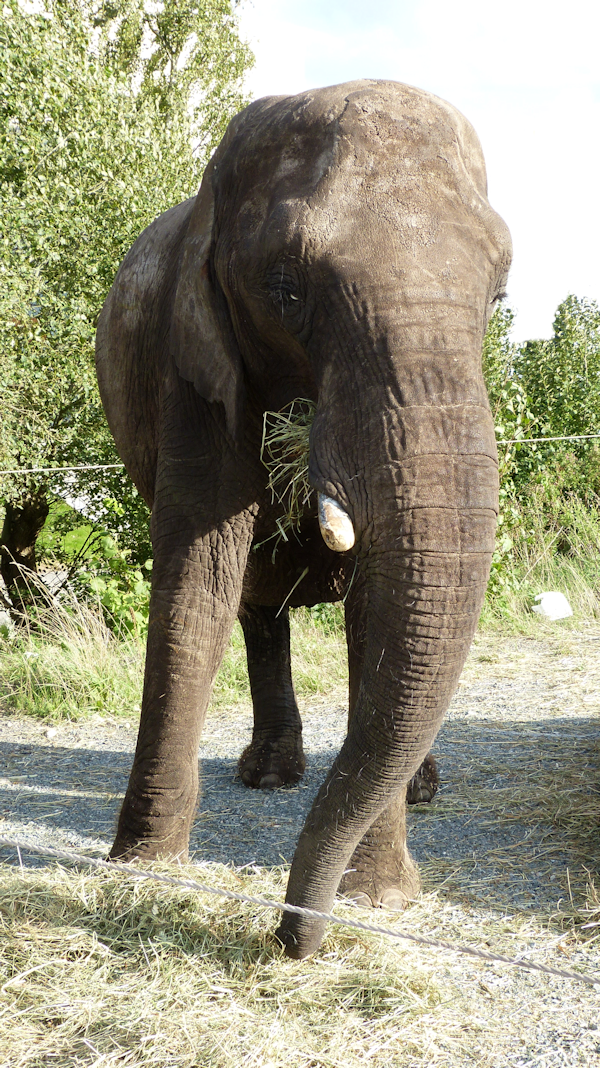
Wild animals included elephants, zebras and sea lions in two circuses in the country. For the elephants it took quite some time to find a solution.
For the zebras and sea lions it was a smoother proces.
March 2018. The medias report a political initiative to ban wild animals in circuses. Some say the conservative wing stands behind, others focus on the opposition’s approach.
June 2018. A unanimous parliament (Folketinget) supports the idea of a ban, disagreeing only on how fast it should be invoked.
World Animal Protection (WAP) recommends Elephant Haven in the south of France as refuge for the elephants.
September 2018. Knuthenborg Safari Park, Animal Protection Denmark and Circus Arena join forces to start creating a refuge for Arena’s three circus elephants in a safari park in the south east of Denmark.
Later, the single elephant at Circus Trapez is joined to the plan.
The two circuses decide to withhold their elephants from their traveling shows in 2019 as they expect the ban to come into force shortly.
October 2018. The government drafts legislation on animal welfare including acts on wild animals in circuses. The draft proposal is opened for public hearing.
December 2018. The government secures DKK 7 million on the 2019 state budget for the purchase of the four circus elephants. The plan is to subsequently hand the animals over for free to a final recipient selected through a competitive application process based on animal welfare criteria.
The three elephants at Circus Arena pass a significant health test. Those elephants are from then on quarantined in their winter quarters.
January 2019. Circus Arena communicates that DKK 7 million do not adequately compensate them for expenses incurred on the facilities they have built to have the elephants in compliance with the existing legislation.
February 2019. The fourth elephant, Ramboline, at Circus Trapez also passes a health test. Ramboline is from then on quarantined in her winter quarters.
March 2019. The Ministry of Environment and Food of Denmark warns that there can be no co-sponsoring for the purchase of the elephants. It must rely solely upon the state. An attempt to provide additional funding through an NGO therefore comes to a halt.
The ministry asks the EU-Commission for a preliminary legal assessment of its plan.
April 2019. The (now former) Minister of Environment and Food, Jakob Ellemann-Jensen, is asked by the parliamentary Environment and Food Committee to provide an account of the status of the project of retiring the elephants. The minister reports a progressing project. According to the circuses, though, the project has on the contrary come to a standstill, as the government is not prepared to find additional funding to satisfy their demands.
May 2019. The government comes to the end of its electoral period of four years. The PM, Lars Løkke Rasmussen, announces the general elections to be held on 5 June.
The proposed animal welfare legislation has not been adopted. It is abandoned.
June 2019. The leader of the Social Democratic Party, Mette Frederiksen, becomes the new PM. She appoints Mogens Jensen as new Minister of Food.
July 2019. It becomes more and more evident to the circuses that their elephants cannot continue to stand inactive in their stables. Some troubling symptoms can be observed. A veterinarian issues a public warning that he shall have to intervene if the situation does not rapidly improve for Arena’s three elephants. Circus Trapez’ Ramboline is also not doing so well. All four elephants show signs of frustration and distress, unusual light aggression and they are destroying the ceilings of their stables. Towards the end of the month there is quite some media attention to the matter. Minister of Food, Mogens Jensen, promises on national TV to investigate the case.
August 2019. The Minister of Food, Mogens Jensen, meets with the circuses, Animal Protection Denmark and the animal welfare spokesmen from all parties in the Parliament. Negociations are ongoing.
The parties finally reached an agreement and signed a contract on August 31. The state has bought the four elephants for DKK 11 mio. (approx. € 1.5 million) in order to place them in a refuge which will be determined through a tender procedure. The facilities, or at least some temporary facilities, will then have to be established before the elephants can be moved to their new environment. See also this blog post.
September 2019. The Danish Ministry of Environment and Food opens a call for tender (link no longer active as the ministry has removed the tender notice from their website) for a contract on the transfer of ownership of the four Danish retired circus elephants. The deadline for application is September 30 at 12 noon, UTC+2.
October 2019. After a tender round with only one bidder, Knuthenborg Safari Park in Lolland, the Ministry of Environment and Food of Denmark has chosen to hand over the state-owned elephants to Knuthenborg. Stables, enclosures and further facilities are expected to be completed in eight months. During that time, all four elephants, with the support of the Animal Protection Denmark, will be housed at the Circus Arena at Slagelse.
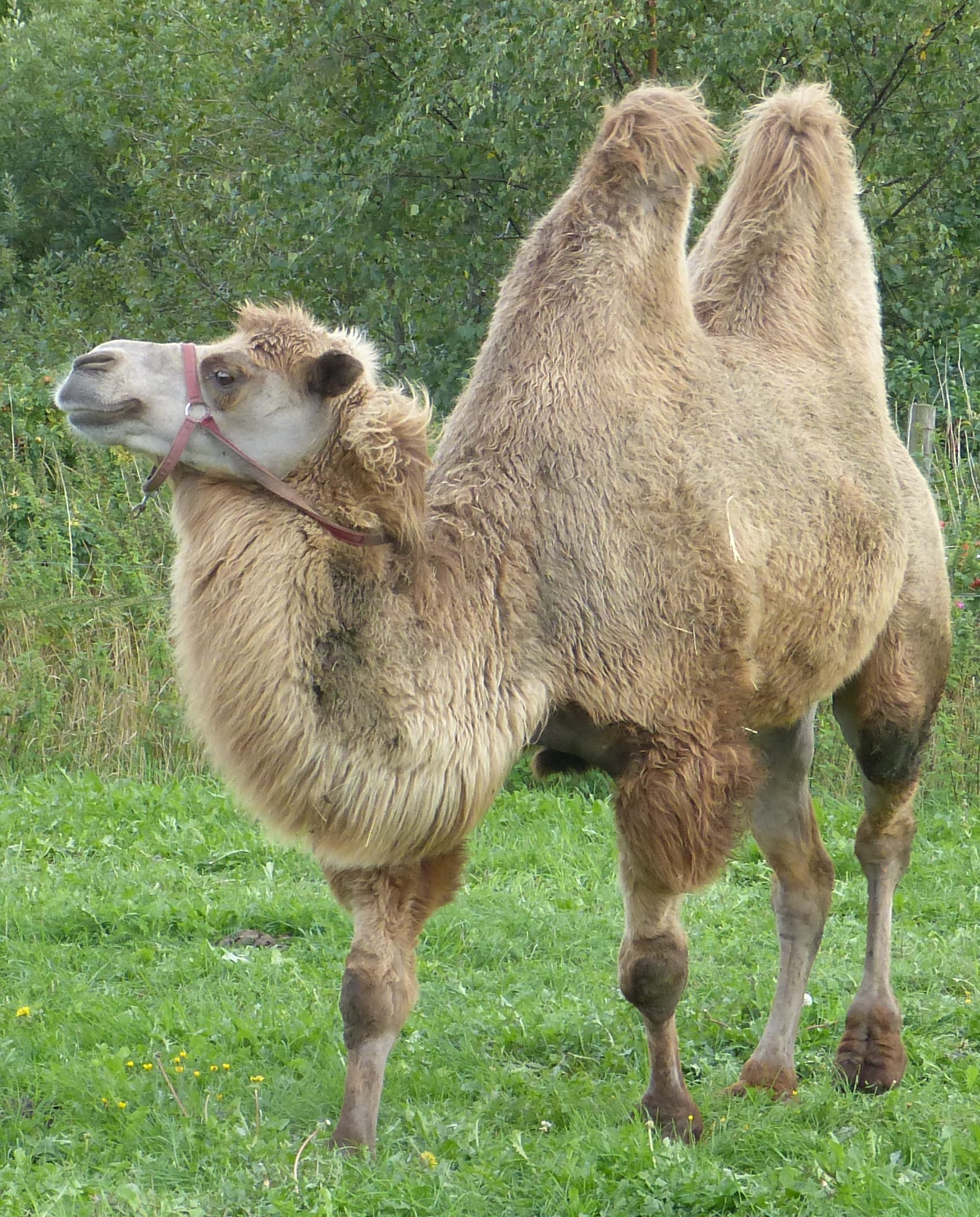
It is now under discussion what shall happen to the elephant Ramboline’s companion friend, the camel Ali. Knuthenborg has announced that the two will not be offered space under the same roof in the safari park.
Upon opening of the parliament (Folketinget), PM Mette Frederiksen announces that the state has bought a camel along with one of the elephants. It isn’t true, but her account is very entertaining and cracks up everyone in laughter. A video clip of the situation goes viral as far away as China.
Through access to documents from the Ministry of Environment and Food of Denmark it is confirmed that: “The Ministry has not entered into an agreement with Circus Trapez about taking over the camel Ali.” The ministry should know as they ran the entire process of taking over the elephants.
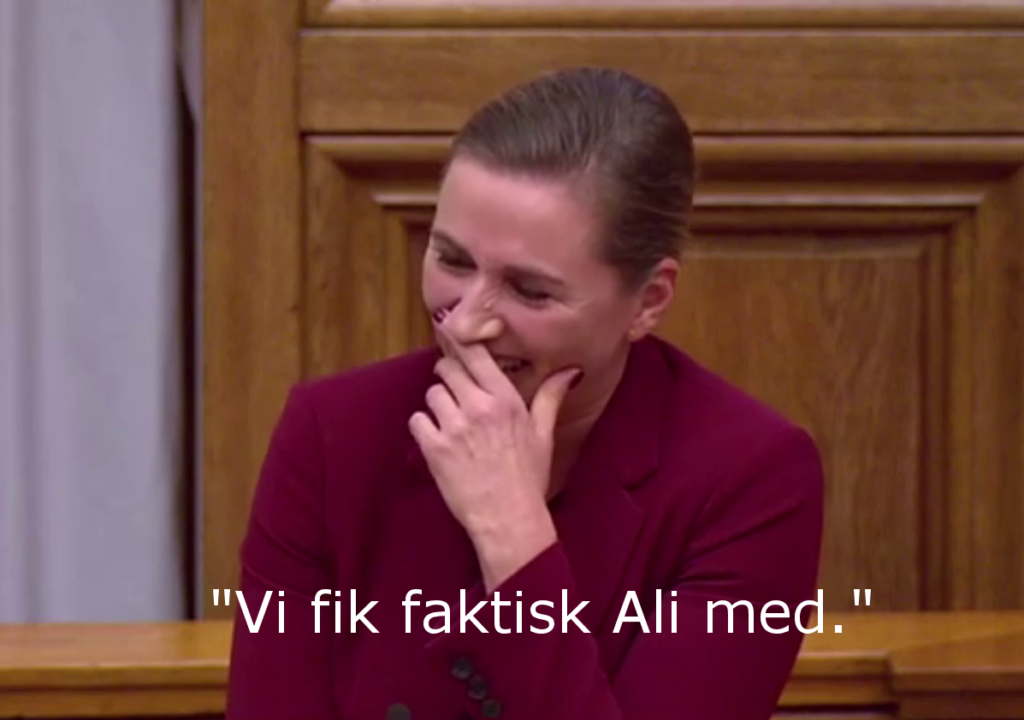
November 2019. A proposal for a new animal welfare act is introduced in the parliament (Folketinget) after it has been opened for public hearing. The proposal in large parts carries over a proposal from the previous government which was abandoned at the general elections and the subsequent change of government.
December 2019. Elephant Ramboline moved from her usual residence in the South of Denmark to a temporary residence in Cirkusland at Slagelse where she will meet her future elephant fellows, Lara, Djungla and Jenny. The four elephants will share those barns for an expected eight months, while the facilites at Knuthenborg Safaripark are being built.
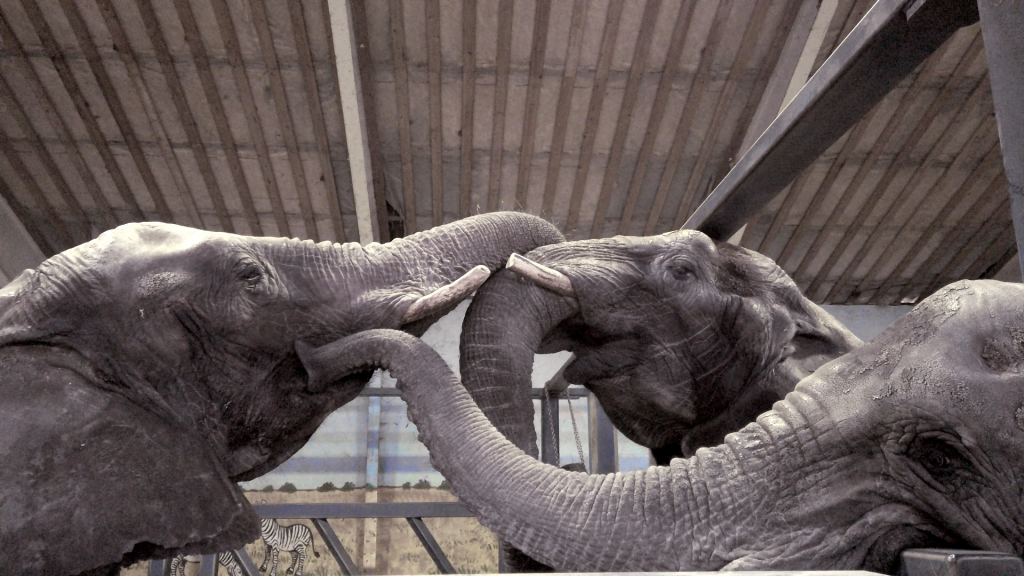
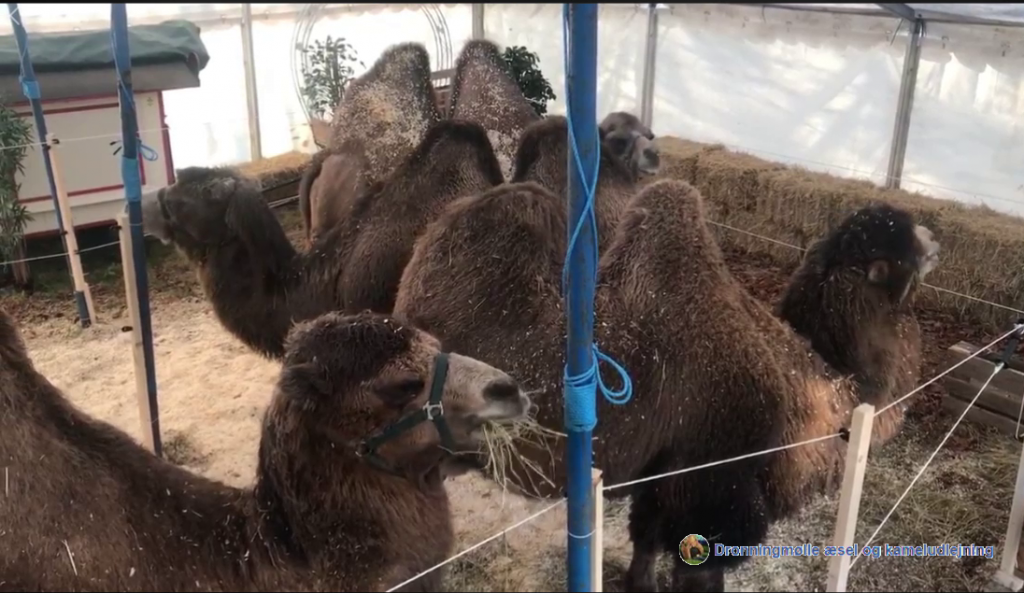
Camel Ali has moved in with four other camels at Dronningmølle Æsel- og Kamelridning (donkey and camel riding) where he will live as a pensioner.
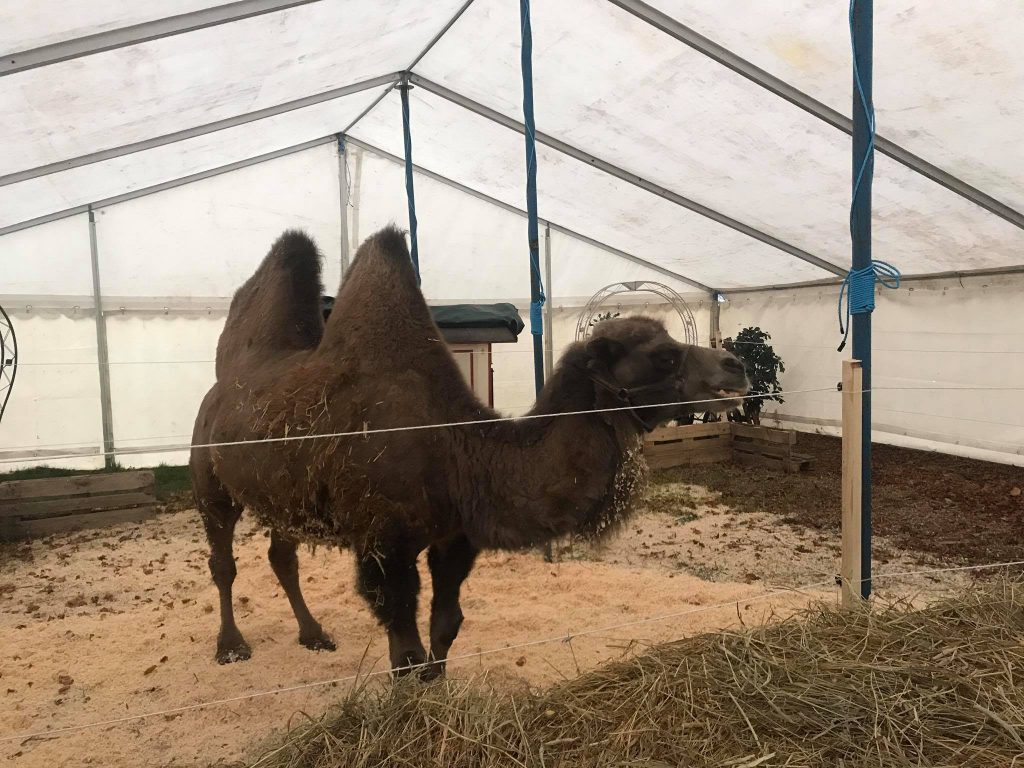
February 2020. New Animal Welfare Act has now been passed in the parliament (Folketinget). This has created a framework for the Minister of Food to ban the use of animals for entertainment in circuses. Regarding the use of wild animals, the possibility of prohibition already exists in the current Animal Protection Act. But with the new welfare act the minister’s power is extended to include all kinds of animals, ie also in principle dogs, horses, goats, rats, camels and whatever else has appeared over time.
May 2020. May 15th. The four elephants that have been residing with the Circus Arena move to their future home at Knuthenborg Safaripark. See minister’s announcement and video of their arrival.
May 30th. All four elephants are let out to their future grass savanne to public cheer. The event is nationwide televised and live transmitted on Facebook.
June 2020. The Danish Veterinary and Food Administration opens a hearing over a draft regulation on keeping and showing animals in circuses. The regulation will make it illegal to hold and to display elephants in circuses as of 1st January 2021. There will be a transitional period until 1st January 2022 for circuses already holding elephants, of which there are none.
January 2021. An updated regulation on keeping and showing animals in circuses enters into force as of this month. It will still be legal for circuses to have and to show circus elephants until the end of 2021. But no Danish circus has elephants anymore.

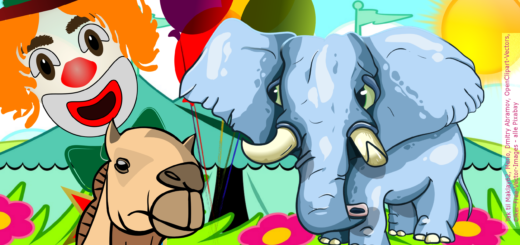
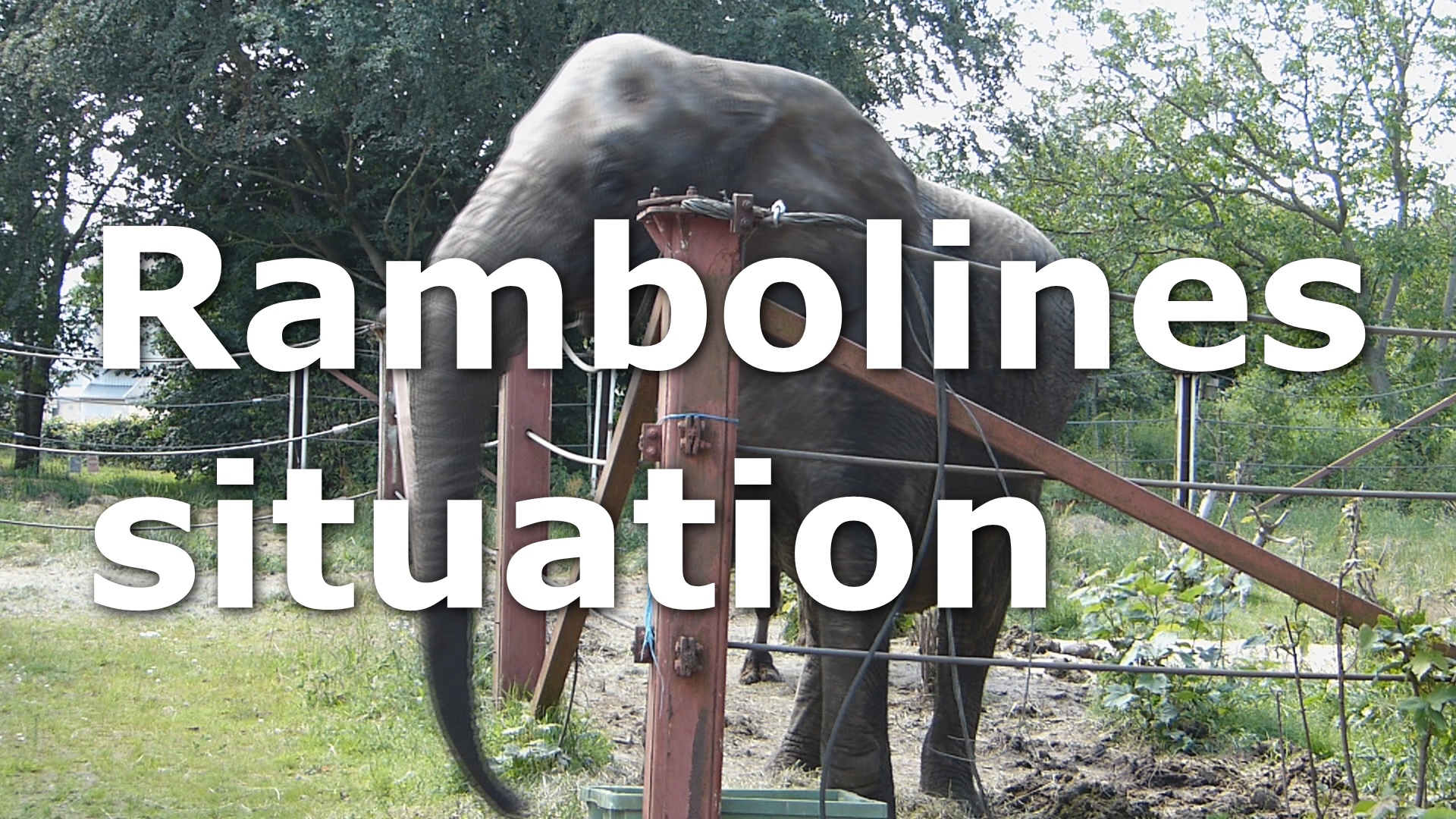
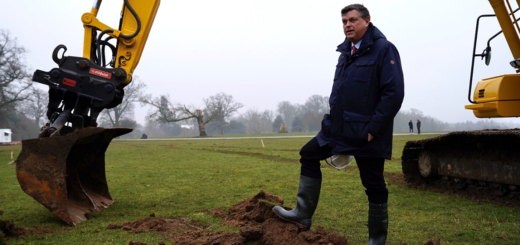
Recent Comments